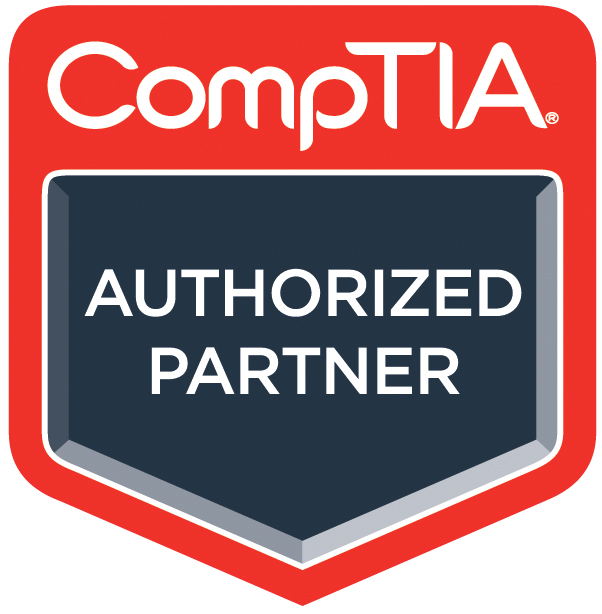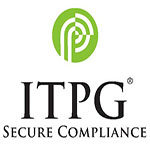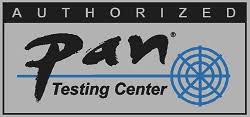Learning Objectives
Forensic Science and Investigation Fundamentals
[18%] Covers various types of cybercrimes, forensic investigation challenges, and the foundational principles of computer forensics, including the roles and responsibilities of forensic investigators.
Regulations, Policies, and Ethics
[15%] Focuses on legal aspects related to digital forensics, such as laws governing search and seizure, evidence examination, and ethical considerations during investigations.
Digital Evidence and Acquisition
[17%] Addresses the characteristics and types of digital evidence, data acquisition methods, and the importance of maintaining the integrity and chain of custody of evidence.
Forensic Tools and Techniques
[30%] Encompasses the use of various forensic tools and methodologies for analyzing digital evidence, including file systems, operating systems, and network artifacts.
Emerging Technologies and Threats
[20%] Explores the forensic investigation of modern technologies and threats, such as cloud computing, IoT devices, malware (including fileless malware), and the dark web.
- Intellectual Point’s Computer Hacking Forensic Investigator (C|HFI) Training Course equips you with the knowledge and skills needed to identify, track, and prosecute cybercriminals. This comprehensive program covers the essentials of digital forensics, giving you the tools and methodologies to conduct investigations across various environments and platforms. By integrating theory with practical training, the course prepares you to use cutting-edge technologies and processes to investigate cybercrimes efficiently.
- Throughout the training, you will explore advanced topics such as computer crimes, digital evidence collection, forensics tools application, and report writing. The course includes hands-on experience in conducting network intrusion investigations, uncovering hidden data, and applying legal practices in evidence handling. By the end of the program, you’ll be capable of implementing and managing enterprise-wide security and forensic strategies confidently. By the end of this course, participants will:
- 1) Gain expertise in conducting investigations of cyber incidents using advanced forensic tools.
- 2) Master the process of collecting, managing, and analyzing digital evidence.
- 3) Develop the ability to identify the footprints of hackers across various digital platforms.
- 4) Craft detailed investigation reports that stand up to legal scrutiny and aid in prosecution.
- 5) Be fully prepared for the C|HFI Certification exam, bolstering your credentials in the digital forensics.
Module by Module Learning Outline
Tuition & Hours
Tuition is charged by course. The cost of the certification exam is not included in the tuition and is a separate cost based on the current rates as set by the vendor.
| Course | Total Hours | Tuition |
|---|---|---|
| SEC-204: Computer Hacking Forensic Investigator (C|HFI) | 72 | $4,499.00 |
Books & Supplies
There are no additional charges for books or supplies.
Indirect Costs
Should a student wish to obtain the Computer Hacking Forensic Investigator (C|HFI) certification exam, the cost is an additional fee not covered in tuition. While encouraged, the exam is not a required expense to be paid at the time of enrollment. To obtain a voucher for the certification exam, you will need to purchase it separately.
| Course | Exam | Exam Fee |
|---|---|---|
| SEC-204: Computer Hacking Forensic Investigator (C|HFI) | Computer Hacking Forensic Investigator (C|HFI) | $1,199 |
Program Award
Upon successful completion of the course, the student will receive a Certificate of Completion for Computer Hacking Forensic Investigator (C|HFI) Training.
* Exam fees are quoted based on time of publication. Voucher prices may change based on vendor rates and are updated accordingly. Please contact Intellectual Point to verify exam fee charges.
Register For Class
|
No courses available at this time
|
Download Course PDF
Cyber Security professionals who acquire a firm grasp on the principles of digital forensics can become invaluable members of Incident Handling and Incident response teams. The Computer Hacking Forensic Investigator course provides a strong baseline knowledge of key concepts and practices in the digital forensic domains relevant to today’s organizations. CHFI provides its attendees with a firm grasp on the domains of digital forensics.
NOT SURE WHERE TO START?
Private Team Training
Enrolling at least 3 people in this course? Consider bringing this (or any course that can be custom designed) to your preferred location as a private team training
For details, call 703-554-3827

Come Learn With Intellectual Point
Price Match Guarantee!
We will match Competitor’s Price Quote.
Call for more details 703-554-3827
A Computer Hacking Forensic Investigator Course at Intellectual Point Includes:
- Live instructor-led training in modern classrooms
- Hands-on labs for CHFI
- 24 x 7 access to the real labs in classrooms and remotely
- Confidence building hands-on training led by industry experts
- Authorized Pearson VUE Testing at the same location to help you complete your exam*
- 100% latest material, notes, videos, and practice questions included in the course price
happy clients
What Our Customers Say - Based on over 600+ Reviews!






































